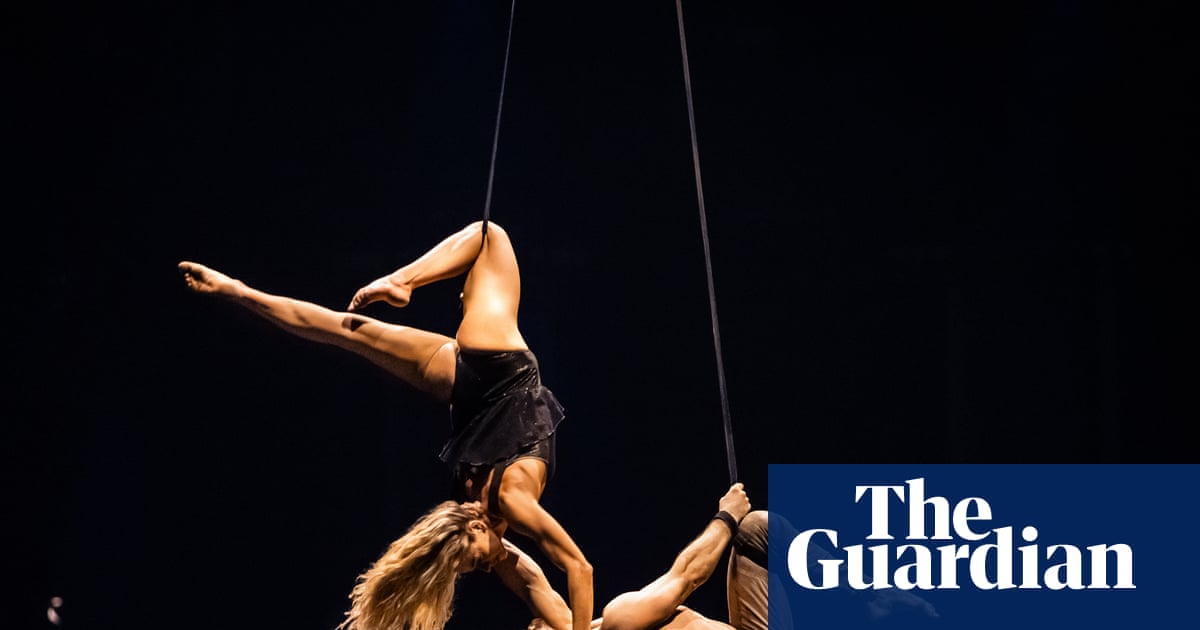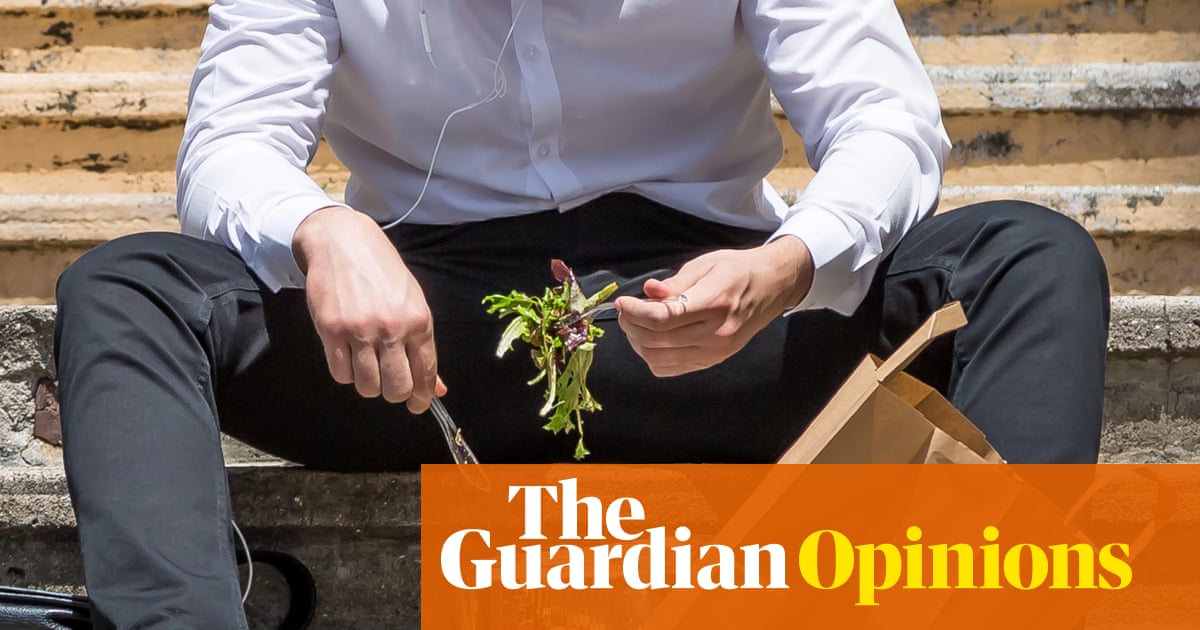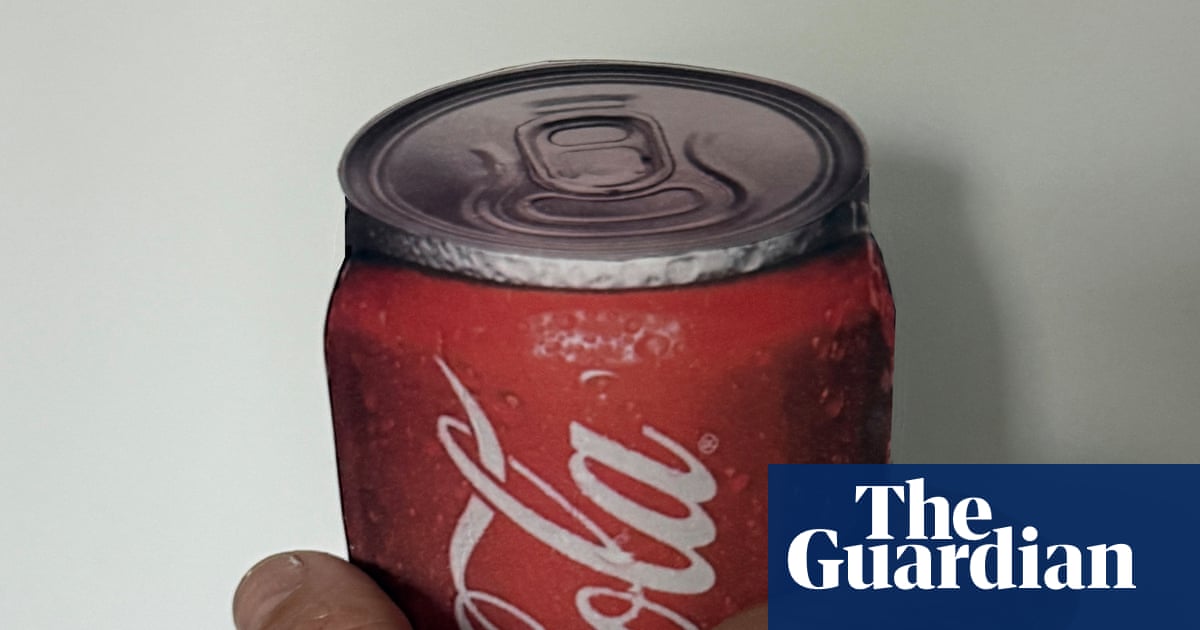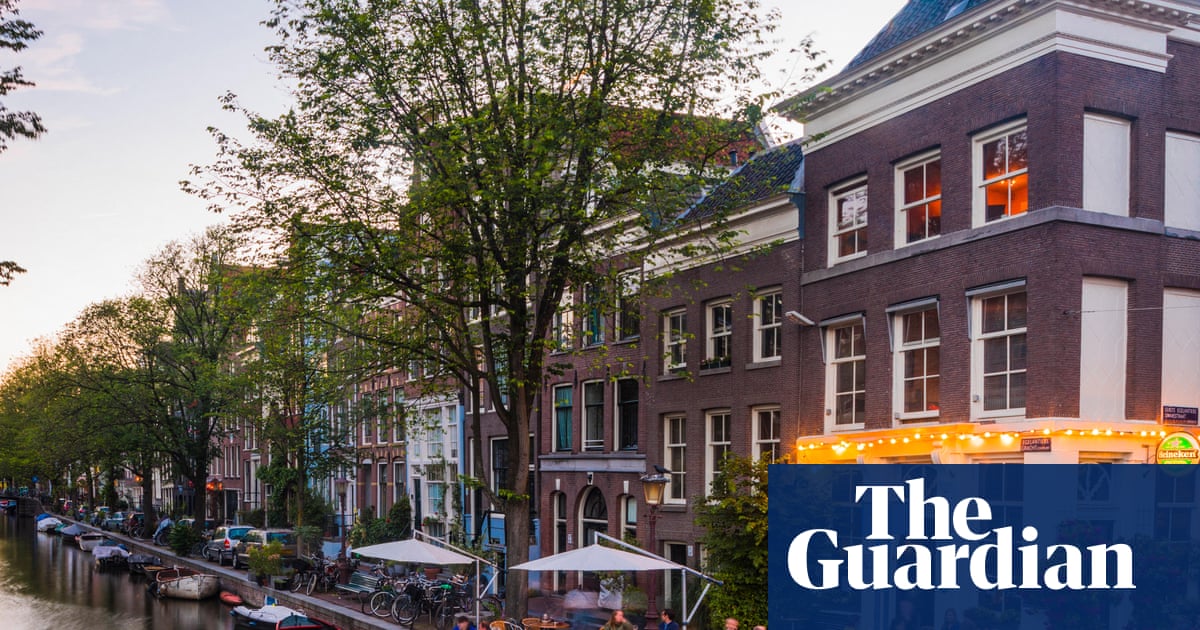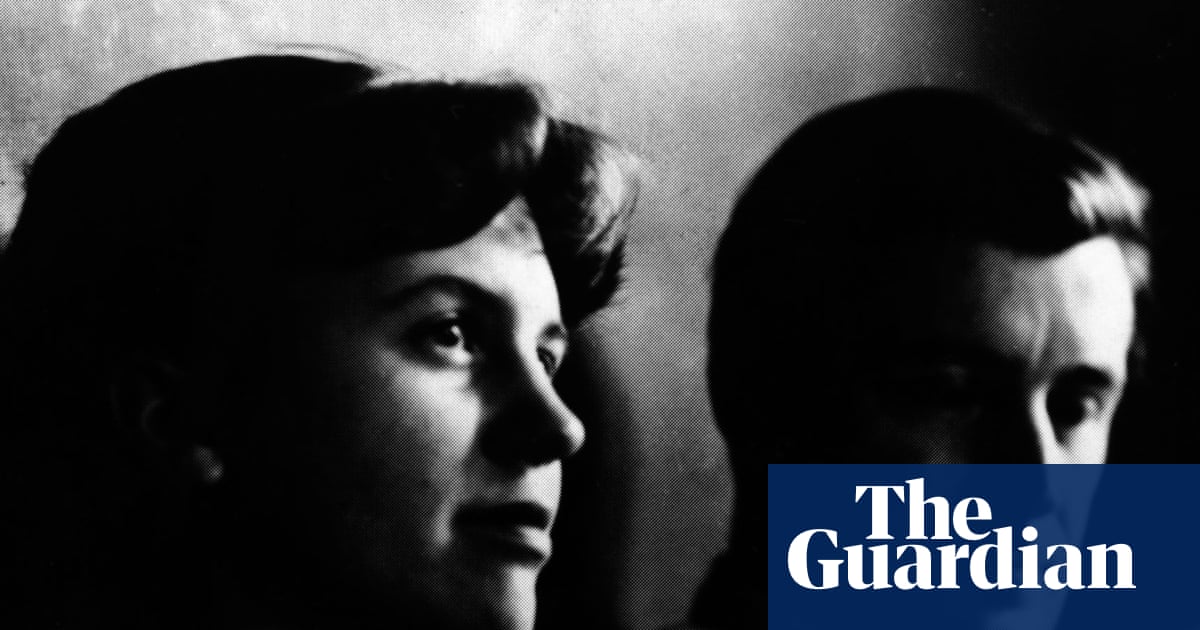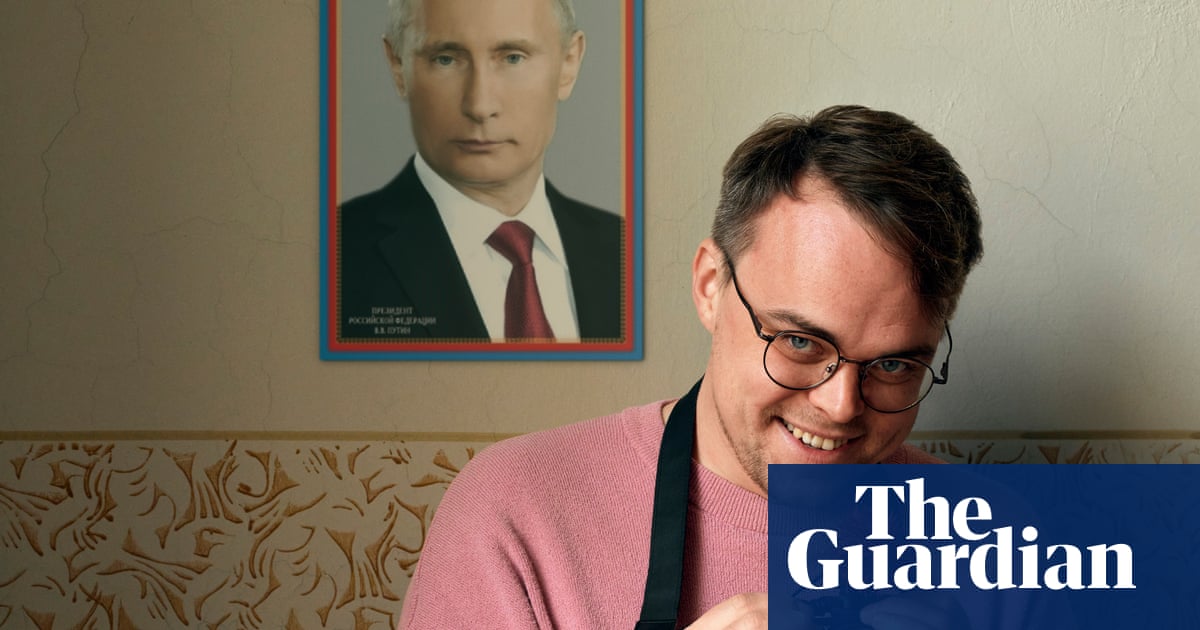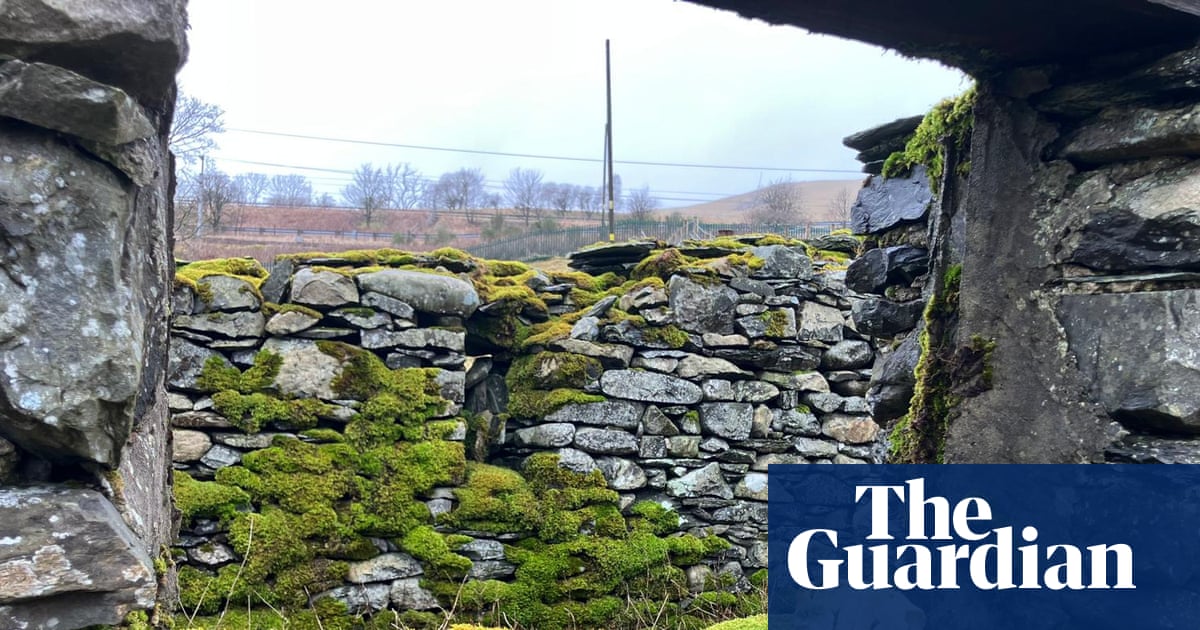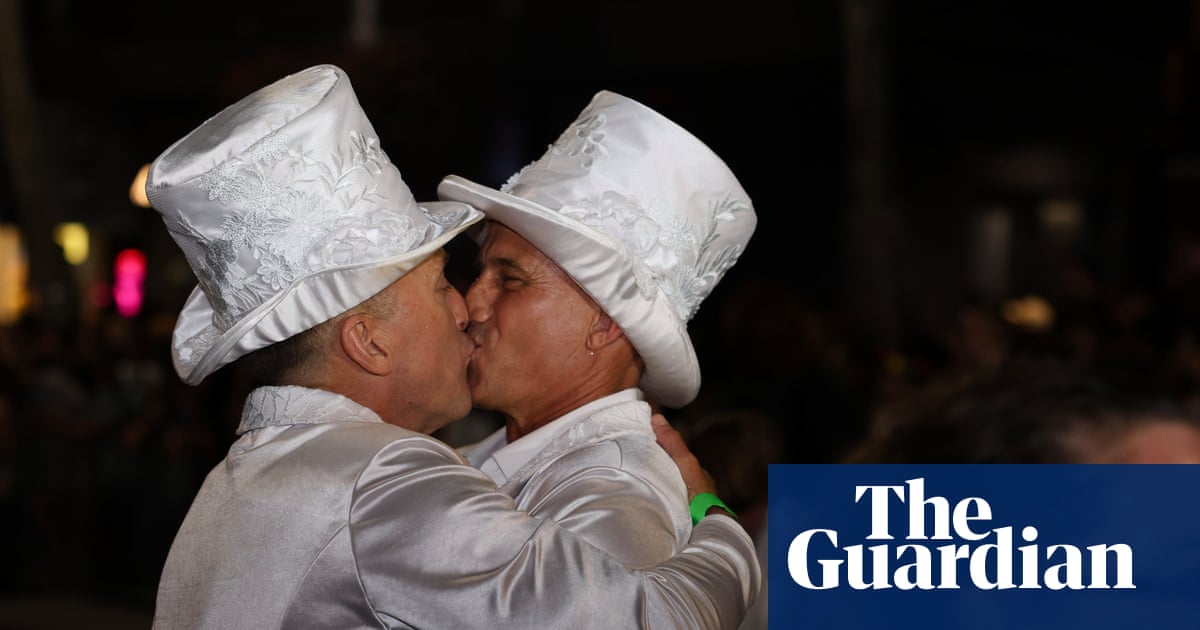Why do we feel nostalgia? And why do some things trigger it more than others? Jules, Fife
Send new questions to [email protected].
Readers reply
Because things used to be better? Gorgoblin
Because “the human condition” in general, and our individual lives in particular, are difficult and can be disappointing. As youngsters we hoped for more for ourselves, and become disillusioned. So we yearn for the good times of our past, and idealise them and our relative innocence – often forgetting the anxiety and fears we may have had at the time. Some of our cultures also idealise the good aspects of the past, and ignore the hardships. justsomeguy01
Our hardships as youngsters are different from those when we become adults. Sometimes the good just outweighs the bad, which is why the feeling of nostalgia is so strong. VegansRuleThePlanet
Nostalgia is normal; as we get older, we find ourselves getting misty-eyed about our past and our experiences. But obviously it’s going to be selective – we don’t wish to indulge in the unpleasant, sad times. We focus on the good. It can be restrictive in a way, if we close ourselves off to the present. You’ll see it on any social media discussion or comments section. How the music or entertainment was so much better in “our” day. That today’s songs, shows and films aren’t up to scratch. We become our parents and some of us take it further. They get angry if their favourites are rejected by the younger generations. They get furious at reboots, remakes and sequels – forgetting that stories and music have been recycling and re-doing for ever. It gets particularly concerning when politicians tap into nostalgia, promising to take us back to the mythical past, when things were simpler. It goes beyond a fondness for the formative years, or the glory days. It’s used to divide people and push dark ideologies that impact on individuals and entire communities. With nostalgia, there’s a balance, and when you go from healthy reminiscing to hating the youth for liking things you don’t, it’s sowing the seeds for something more than discontent. It’s a potent weapon, nostalgia. But hasn’t it always been? Just look at history. CaptainLib
Mass surveillance, authoritarianism, climate breakdown, the dehumanising power of technology … all the horrors came true. Of course we’re nostalgic. ElCommentario
The worst kind of nostalgia is nostalgia for a time that never was. And that is what lies behind the Maga movement. Cousin2
Often nostalgia is fulfilment of some early desire – like a toy or car or book we always wanted growing up, but couldn’t have because we were too young and it was too expensive or too rare. Ultimately, if we are able to possess what we have always wanted, sometimes we wonder why we ever did. The nostalgia being better than the reality. DrBlamm0
Because we’re looking back at an idealised past that never really existed. Some of us are nostalgic for our childhoods, because (if we were fortunate) we were loved unconditionally, had a good home and enough to eat, and didn’t have to make hard decisions or face the realities of life. Some of us are nostalgic for other eras because of TV shows or books like Downton Abbey, Leave It to Beaver, Bridgerton or the novels of Jane Austen, because they offer an idealised version of life with the rough edges smoothed away. It’s easy to be nostalgic for the 1950s and a life where you have a beautifully furnished home, a wardrobe full of gorgeous clothes and a community. It’s when you start to think about the boredom of being a housewife, or that many of the men would have had mental and/or physical issues as a result of military service that the illusion fades. Same with Downton or Bridgerton, where women routinely died in childbirth, servants were ill-treated and abused, the smell would have been appalling and life for most people was nasty, brutish and short. We get nostalgic for the appearance without honestly thinking about what life would have been like stuck in one tiny community without escape, or indoor sanitation. GarySquirrel919
And that is, presumably, why the rightwing culture warriors get so upset when the National Trust covers such aspects of the past in its stately home presentations. SpoilheapSurfer
A bit hard on Austen. Pride and Prejudice opens with the claim that everyone knows a rich man will want a wife, but the story is about how badly poor women need a husband; when parents die and sons inherit everything, an unmarried woman is in a lot of trouble. It happened to Austen herself; she was saved by a brother who’d made good by chance. But we shouldn’t let her irony blind us to the Georgian realities that she actually recounts. jno50
Yearning is our favourite emotion. We are afraid of the future and we won’t yearn for that. Which leaves us with the past as a suitable object for yearning. Xylopia
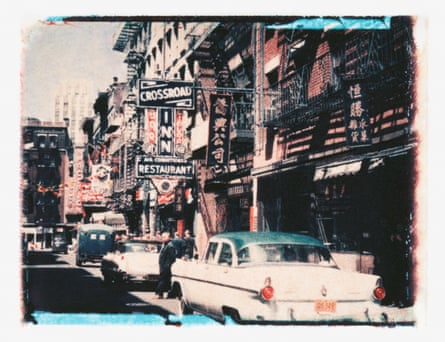
I’m not so sure about that – I think it depends on the overall optimism of the times. I can remember the late 90s being a time of great optimism, a positive belief that everything was gradually getting better. One of the reasons why there was so much 1960s nostalgia in the 90s (often among people too young to have been there) was because that feeling permeated the 60s, too. Just look at the utopian sci-fi of both eras to see the kinds of worlds it was assumed we were destined for. But when times are bad, we look back to when they weren’t. I mean, I’ve just done it now … MotoringJourno
There are some fairly negative comments about why we might feel nostalgia, but I find it to be more about that warm feeling you can get from remembering certain times you enjoyed, that felt special, loving, inspiring. And there’s nothing wrong with that. It doesn’t have to be in comparison to now. Very recently I saw the sister of my best ever friend, who died in her late 40s. It was so lovely to be able to share memories of our lives and times, even though some of them were tough. It gave a sense of connection, continuity, presence in the now. LorLala
If nostalgia only gives us positive memories, old photographs can prompt negative recollections, to give balance. That can be distressing. Redmond
I think there are two different things: nostalgia on a collective cultural level, for earlier eras that nobody, or very few, living actually lived through (as featured in a lot of pop culture, and as all-too-often weaponised by politicians), and nostalgia on an individual level for one’s own past life. The interesting thing about the latter, it seems to me, is that it’s such an ambivalent feeling – always bittersweet. formerlefty
I think nostalgia is the memory of hope we felt in our younger days juxtaposed against the lack of hope we feel in the present. There’s also an element of looking back at a time when things seemed less morally complex, so we didn’t have to deal with the relentless knowledge that the world is a lot more nuanced than it is typically represented as to children. tic_no_den
Nostalgia just ain’t what it used to be … TeeDubyaBee
As humans, we seem to have an innate ability to remember the positives, while conveniently overlooking the darker or more threatening memories – just like the common observation that women tend to forget the traumas of childbirth until it recurs a second or third time. It’s a survival strategy that allows for the same trauma to occur again. Nostalgia is basically a survivalist memory functionality which denies the possibility of negative outcomes.PostApocalypselou
Like all of us, I’m getting older every day, but find so many people my age (60+) do tend to go on about things years ago. It reminds me of one of Garrison Keillor’s stories about the Scandinavians in Minnesota. He speaks to an elderly Norwegian who emigrated in his 50s. The old boy speaks just about passable English, with a heavy accent, and complains about being treated as “a thick Norski”. He then says, “In Norway, I was smart. Not now.” The point is that people are looking back at the best versions of themselves and don’t really fathom, as Dylan said, that “it was in another lifetime”. PeteTheBeat
I think it’s a way of dealing with fear of the future. We live in fear of what might happen next, and only enjoy the time after we know what might have happened next actually didn’t. The second world war is an example of how people enjoy(ed) the memories, hardships and all, once they knew that Hitler didn’t win. I doubt there would be the same nostalgia in a Nazi-occupied UK. DJ59
As I grow older, I find I no longer feel nostalgia; but I hanker for the days when I used to. ThereisnoOwl
I remember the cartoonist Garry Trudeau, of Doonesbury fame, satirising Ronnie Ray-gun’s backwards and distorted vision of the US: “A country of Burma Shave ads, 5-cent Cokes, and hard-working white people.” eibhear
In terms of popular music, it has been scientifically proven that we filter out all of the dross that was in the charts when we were younger, to the point where it becomes dulled in our memory. Conversely, every sha-la-la-la (and, indeed, every wo-oo-wo-ho) still shines. EddieChorepost
They might shine in your mind, but the merest mention of the Carpenters reminds me of travel sickness in the back of the car while the awful songs went on and on. confusedofengland
I love the Buzzcocks’ take on nostalgia (for an age yet to come) … Pipiwharauroa
I always used to dream of the past
But like they say yesterday never comes
Sometimes there’s a song in my brain
And I feel that my heart knows the refrain
I guess it’s just the music that brings on nostalgia for an age yet to come
Ah nostalgia for an age yet to come
Nostalgia for an age yet to come
About the future I only can reminisce
For what I’ve had is what I’ll never get
And although this may sound strange
My future and my past are presently disarranged
And I’m surfing on a wave of nostalgia for an age yet to come

.png) 3 months ago
78
3 months ago
78

